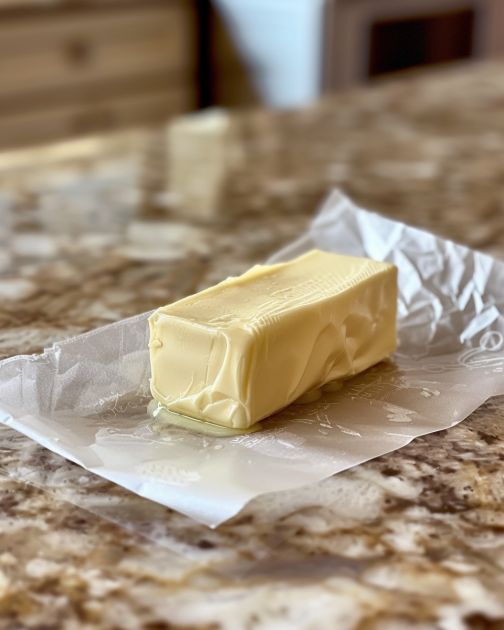
Keep It Covered: Store butter in a covered dish, butter bell, or crock to shield it from contaminants and odors.
Avoid Heat and Light: Position the butter away from direct sunlight and heat sources to prevent premature spoilage.
Regular Inspection: Periodically check the butter for any signs of spoilage, such as unusual odors, mold growth, or discoloration.
Choose Salted Butter: Opt for salted butter for slightly extended room-temperature storage compared to unsalted varieties.
Safety Precautions and Tips
Perform a Taste Test: Before using butter that’s been left out, sample a small amount to ensure it hasn’t spoiled.
Discard if Unsure: If in doubt about the butter’s safety, it’s best to dispose of it rather than risking foodborne illness.
Refrigeration in Hot Climates: Consider refrigerating butter during hot weather or in regions with elevated temperatures.
Partial Refrigeration: For those who prefer the spreadability of room-temperature butter, keep a small portion out and refrigerate the rest to maintain freshness.
Conclusion In conclusion, while leaving butter on the kitchen counter for short periods is generally safe, it’s crucial to adhere to proper storage practices and monitor environmental conditions. By following the guidelines outlined in this article and exercising caution, you can enjoy the convenience of room-temperature butter without compromising on safety or flavor.